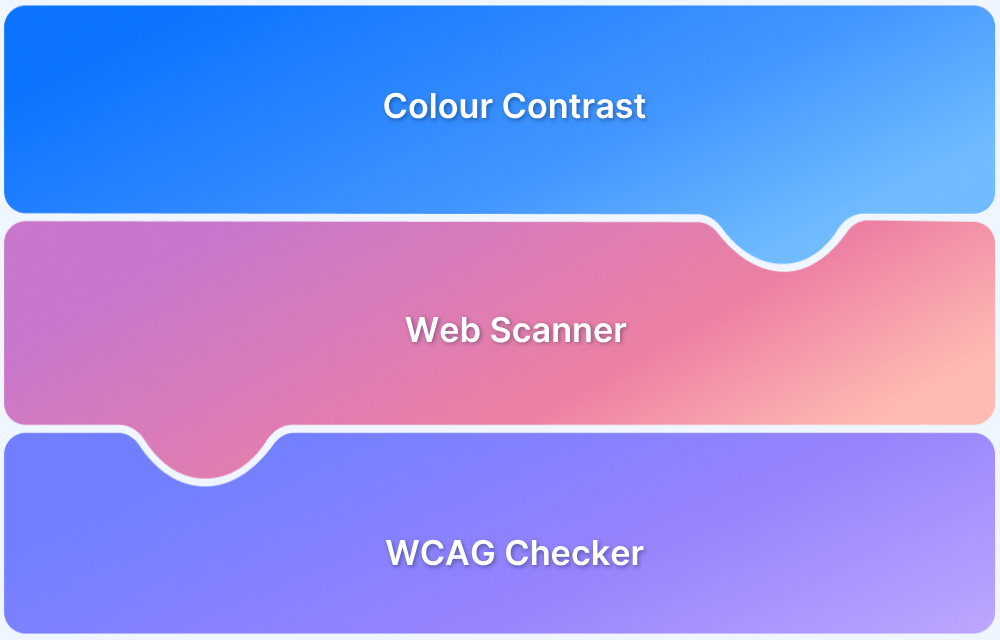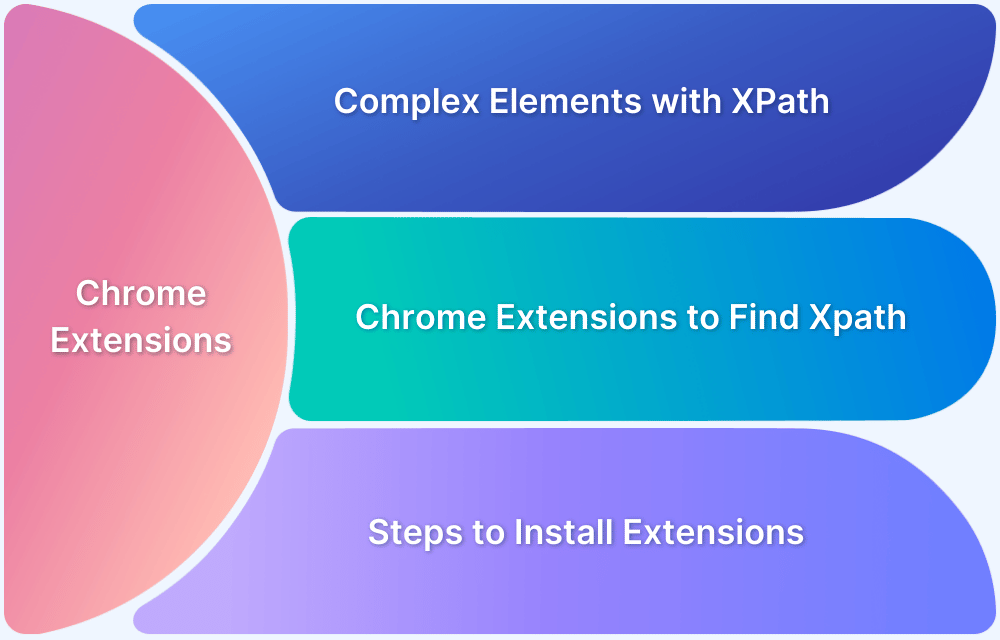The popular Resource Override Chrome extension once helped developers intercept, rewrite, and simulate network requests right from the browser. However, due to Chrome’s Manifest V3 update and lack of maintenance, it no longer works.
If you’re searching for a reliable, powerful extension alternative, this guide introduces a modern, full-featured replacement that goes beyond what Resource Override offered.
What is Resource Override Chrome Extension?
The Resource Override Chrome extension was a browser developer tool that allowed users to intercept and modify network requests directly in the browser.
It was commonly used to redirect URLs, serve local files, inject custom scripts or styles, and tweak HTTP headers without needing server-side changes.
Core capabilities included:
- Redirecting requests to local files for rapid development.
- Injecting JavaScript or CSS into any web page.
- Overriding request/response headers and query parameters.
- Replacing remote resources with local assets for debugging.
Why it was popular?
- Lightweight and easy to use.
- Worked entirely in-browser with no external dependencies.
- Enabled fast, temporary changes to live websites during testing.
Why Resource Override Is No Longer Usable?
The Resource Override Chrome extension stopped working due to major changes in how Chrome handles extensions. Google’s migration from Manifest V2 to Manifest V3 has deprecated several core APIs that extensions like Resource Override relied on to intercept and modify network traffic.
Key reasons it no longer works:
- Manifest V3 restrictions: Chrome now blocks powerful webRequest APIs used to modify requests/responses in real-time, replacing them with a limited declarativeNetRequest API that isn’t as flexible.
- No recent updates: The extension has been archived and isn’t actively maintained or updated to comply with new browser policies.
- Security enforcement: Modern browsers now enforce stricter sandboxing and permissions, which break legacy extensions that inject or override local resources dynamically.
- Compatibility issues: Resource Override does not support other browsers like Firefox or work with cross-platform workflows.
Due to these limitations, developers have been forced to look for reliable and modern alternatives that support the same use cases under current browser policies.
What Developers need from a Modern Resource Override Tool?
If you’re replacing Resource Override, your next tool should offer advanced control over network requests, custom rules, and integrations.
Essential capabilities in a good extension alternative:
- Redirect or rewrite URLs in real time.
- Inject JavaScript or CSS into pages.
- Modify HTTP headers and query parameters.
- Mock APIs with full control over response payloads and timing.
- Support for both browser and desktop environments.
- Easy rule sharing and team collaboration.
Why choose Requestly as a Resource Override Alternative?
Requestly is a Chrome extension and desktop app that replaces and extends everything Resource Override can do; it is fully compatible with Manifest V3 and beyond.
Key features that match and improve upon Resource Override:
- URL redirects and rewrites.
- Local file serving and mock API responses.
- Script and style injection.
- Request/response header modification.
- Network throttling and artificial latency.
- Mock APIs with a visual editor and a response playground.
- Team collaboration, shared workspaces, and version control.
- Available as a Chrome extension, Firefox add-on, and desktop app.
Here’s why developers prefer Requestly:
- Manifest V3-Compliant & Future-Proof: Unlike Resource Override, Requestly is fully compatible with Chrome’s latest extension architecture and continues to evolve with browser standards.
- More Than Just Overrides: Requestly offers advanced capabilities like request/response mocking, latency simulation, custom header modifications, and script/CSS injection—something Resource Override never supported natively.
- Cross-Browser & Desktop Support: Requestly runs on Chrome, Firefox, Microsoft Edge, and also has a powerful desktop version, giving you control beyond the browser.
- Team Collaboration & Rule Sharing: Share rules with your team, organize workflows, and version your test configurations. Resource Override had no such features.
- User-Friendly UI with Visual Rule Creation: No need to write JSON manually—Requestly provides a visual interface to create, test, and manage rules with ease.
- Built-in API Mocking: Replace backend dependencies or simulate downtime easily with Requestly’s integrated mock server and response editor.
- Actively Maintained & Community Driven: Requestly has an active team behind it, frequent feature releases, and a thriving developer community, ensuring long-term reliability.
Side-by-Side Comparison: Resource Override vs Requestly
Here’s how Requestly compares to the original Resource Override extension, feature by feature.
| Feature | Resource Override | Requestly |
|---|---|---|
| URL → URL Redirect | Yes | Yes |
| URL → Local File / Mock | Yes | Yes + Mock server with API Playground |
| Script & CSS Injection | Yes | Yes |
| Header Modification | Yes | Yes |
| Delay Requests | No | Yes |
| API Mocking | No | Yes (REST & GraphQL) |
| Cross-Device/Browser Support | No | Yes (Browser + Desktop App) |
| Rule Import from Resource Override | — | Yes (1-click import) |
| Team Collaboration | No | Yes (Shared rules, versioning) |
How to Migrate to Requestly in Seconds?
Worried about losing your old setup? Requestly offers a smooth migration path for Resource Override users.
Steps to migrate:
- Export your existing override rules as a .json file.
- Install the Requestly Chrome extension or desktop app.
- Go to Import Rules → From Resource Override.
- Select your .json file and import all rules instantly.
- Activate your rules and continue debugging without interruption.
Requestly is trusted by over 200,000 developers as an override Chrome extension alternative across Chrome, Firefox, and other platforms. It is frequently recommended on forums, blogs, and development communities.
Conclusion
The original Resource Override Chrome extension no longer functions in modern browsers. Instead of trying to revive an archived project, choose a future-proof, powerful alternative. Requestly is the best tool for developers who need real-time request control, response mocking, and productivity features like delay simulation and rule sharing.






